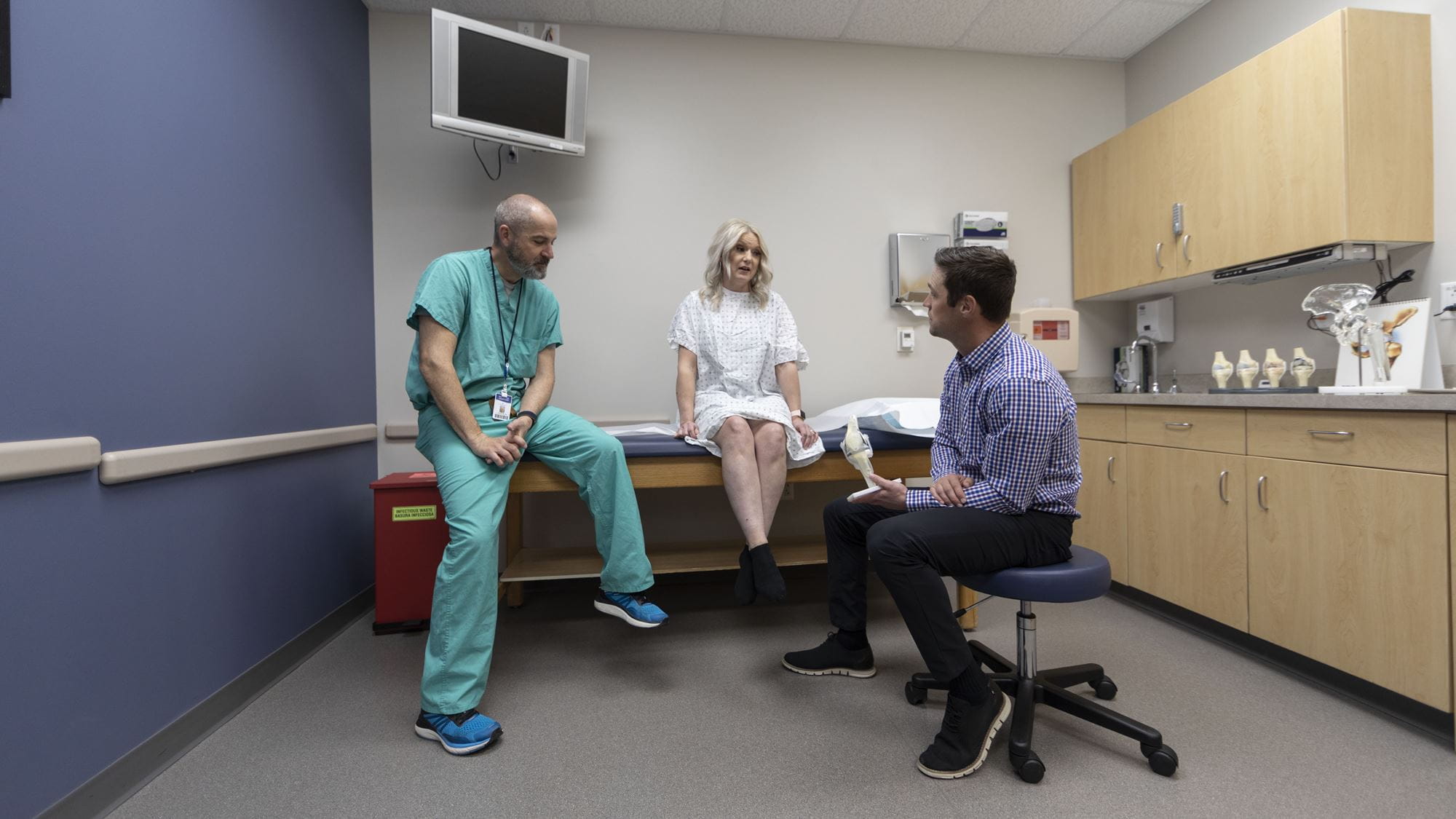What is a head injury?
When a person bumps their head, the thick bones of the skull and layers of tissue surrounding the brain usually do a good job of protecting it. So many bumps are minor and do not cause brain damage. However, some head injuries may be more severe.
Traumatic Brain Injury (TBI)
TBI is usually caused by a sudden or violent blow to the head. TBIs are usually classified as:
- Mild
- Mild-complicated
- Moderate
- Severe
Concussion is a type of mild TBI. Symptoms are usually temporary – lasting only for a few days.
Sudden blows to the head can cause the brain to be thrown around inside the skull. This may cause the tissues to tear and blood vessels around the brain to break, causing internal bleeding, bruising, or swelling. Some of these injuries include:
- Contusion. A contusion is a bruise on the brain. They can be minor to severe.
- Hematoma. A hematoma is a pool of blood in the brain. Hematomas can cause life-threatening injuries to the brain.
- Skull fracture. This is a break in the skull bone. The break may be a small crack, a network of cracks, or an indentation.
Head injuries include both open and closed injuries. In a closed head injury, such as concussion, the skin does not break. An open injury occurs when an object pierces the skin and enters the brain. Both closed and open injuries can be serious.
Symptoms
It is important to seek medical help when you see warning signs of a head injury. These signs and symptoms include:
- Headaches. (A serious headache that gets worse or doesn’t go away is a sign of a moderate or severe injury.)
- Repeated vomiting or nausea
- Confusion
- Loss of balance
- Seizures or convulsions
- Blurred vision or dilated (enlarged) pupils in 1 or both eyes
- Slurred speech
- Loss of coordination
- Body weakness or numbness in arms or legs
- Sleepiness (can’t wake up)
- Irritation, confusion, anxiety
Causes
Diagnosis & Tests
Depending on the severity of the injury, a doctor may need to do many tests to assess the level of damage. These may include:
- Speech and language tests to look for changes in communication skills
- Neurologic or brain function tests to check for changes in learning and motor skills
- Thought (cognitive) and psychological tests to check for changes in memory and personality
- Imaging tests to check for broken bones, bleeding or other damage. These tests may include:
- X-rays. This test uses low-level electromagnetic radiation to look for bone breaks.
- Computed tomography (also known as a CT or CAT scan). This test uses x-rays and a computer to create detailed images of brain tissue and can show bleeding, bruises, and other damage.
- Magnetic resonance imaging (MRI). MRI uses magnets and radio waves to create detailed images. Since it takes longer to do than a CT, it would likely be used in a follow up exam.
- Electroencephalogram (EEG). This test uses weak electrical signals to track nerve activity in the brain and body.
Other tests may also be needed, such as the Glasgow Coma Scale, which scores severity based on if a person can speak, open their eyes, or move, and a TBI Measurement test, which helps doctors understand the level of memory loss.


